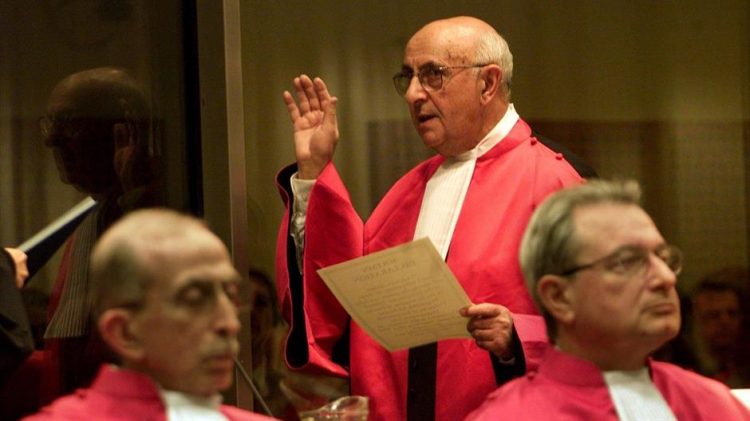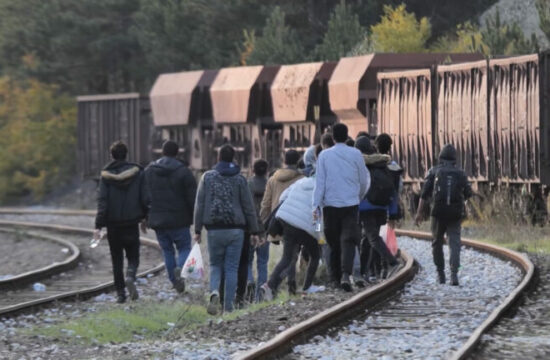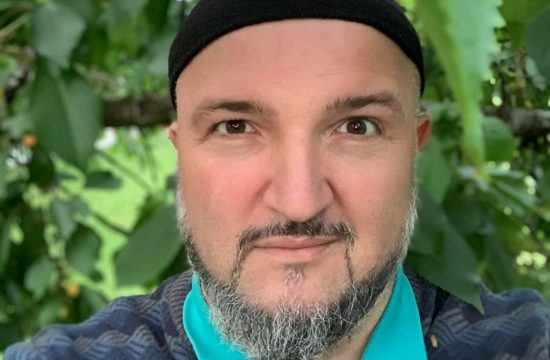
Former Republika Srpska entity President Radovan Karadzic requested that judge Theodor Meron is excluded from the Appeals Chamber before the Mechanism for International Criminal Tribunals (MICT).
Karadzic’s attorney Peter Robinson stated in the request that Meron should not remain a member of the Appeals Chamber because he made certain conclusions concerning Karadzic and crimes committed in Srebrenica, Sarajevo and other Bosnian municipalities, in some previous cases.
“A reasonable observer, who has all the relevant facts, could think that Meron is biased, considering he is just a man,” Robinson said.
He added that Meron should also be dismissed because, allegedly, “many in the region will question the verdict’s legitimacy should Meron remain a member of the Appeals Chamber.”
In 2016, Radovan Karadzic was sentenced to 40 years in prison according to the first instance verdict for his involvement in the Srebrenica genocide, persecution of Bosniaks and Croats, terrorising and holding Sarajevo residents under siege and taking hostage of the UNPROFOR units. Both Prosecution and the Defence filed their appeals against the verdict.
Earlier the MICT pleaded with the request of the convict Ratko Mladic to exclude three judges from the Appeals Chamber, including Judge Meron, for bias.
In 2017, Mladic was sentenced to life imprisonment for the genocide in Srebrenica, persecution of Bosniaks and Croats in Bosnia, terrorizing of Sarajevo residents and taking UNPROFOR members for hostages. He is also awaiting the verdict on the appeal.
Bosnian war lasted from 1992 to 1995 and it ended with the signing of the Dayton Peace Agreement.
In April 1993 the UN had declared the besieged enclave of the eastern Bosnian town of Srebrenica a safe area under the UN protection. However, in July 1995 the Dutch battalion soldiers failed to prevent the town's capture by Bosnian Serb forces and the massacre that followed.
More than 8,000 Bosniak men and boys were killed in the genocide committed in the days after 11 July 1995 and so far the remains of more than 6,600 have been found and buried.




